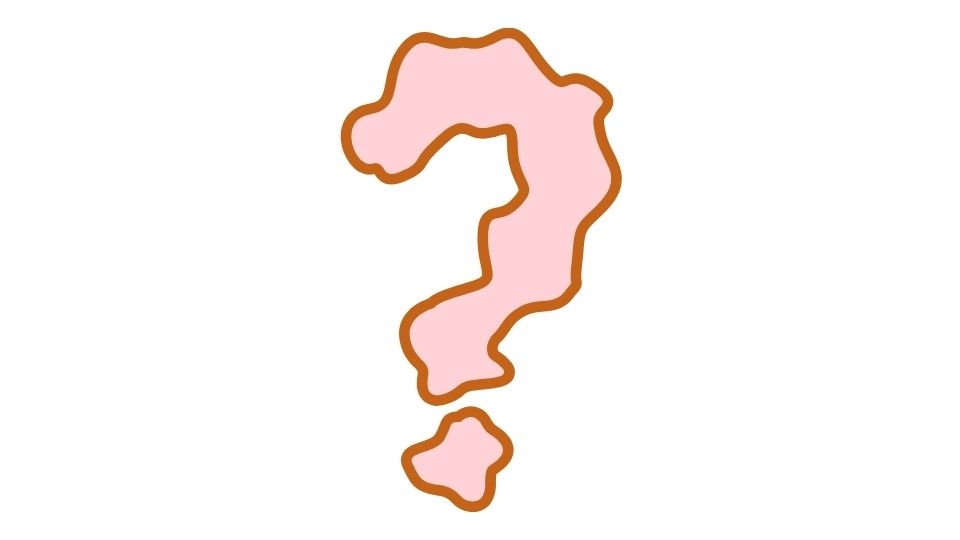Is Protein Powder Fattening? (Only If You Do This)

Does protein powder make you fat? It’s a question I’ve been asked about 1,000 times since I started lifting weights.
The answer? No, protein powder itself won’t make you fat – but like anything, it’s all about context.
I’m not here to sell you protein powder or tell you to avoid it. I’m just going to lay out the facts about protein supplements and weight gain so you can make your own informed choice.
Let’s dive into the relationship between protein powder and your waistline.
The Truth About Protein Powder and Fat Gain
Protein powder is basically just a concentrated source of protein that comes in a convenient powder form.
Whether it contributes to fat gain or fat loss depends entirely on:
- How much you’re consuming
- Your overall diet
- Your activity level
- Your specific goals
Think of protein powder like any other food – it has calories, and calories matter when it comes to weight management. But protein has some special properties that make it particularly helpful for body composition.
Why Protein Is Actually Your Fat Loss Friend

Far from making you fat, protein (including protein powder) can be one of your best allies when trying to lose fat. Here’s why:
Higher thermic effect – Your body burns more calories digesting protein compared to carbs or fats. Research shows that 20-30% of protein calories are burned during digestion, compared to just 5-10% for carbs and 0-3% for fats.
Better satiety – Protein helps you feel fuller longer. This means you’re less likely to snack on other (potentially higher-calorie) foods throughout the day.
Muscle preservation – When you’re in a calorie deficit, adequate protein helps maintain muscle mass. More muscle = higher metabolism = easier fat loss.
Blood sugar regulation – Protein helps stabilize blood sugar levels, reducing cravings and energy crashes that can lead to overeating.
One study found that participants who consumed a high-protein diet (30% of calories from protein) burned 80-100 more calories per day compared to those on a lower-protein diet (15% of calories from protein). That’s like a 10-minute jog without doing anything extra!
When Protein Powder Could Contribute to Weight Gain

Despite its benefits, there are scenarios where protein powder might contribute to fat gain:
1. Excess Calories
If protein powder puts you in a calorie surplus, you’ll gain weight – that’s just physics. If you’re adding 150-200 calories of protein powder to your diet without adjusting elsewhere, those extra calories could eventually show up as fat.
2. Sugar-Loaded Formulas
Not all protein powders are created equal. Some products (especially “mass gainers” or certain flavored options) contain substantial amounts of added sugars.
I’ve seen protein powders with up to 23 grams of added sugar per scoop! That’s almost 6 teaspoons of sugar along with your protein. Research indicates that added sugars contribute significantly to weight gain and metabolic issues.
3. Miscalculating Your Needs
If you’re already getting adequate protein from your diet, adding more through supplements won’t provide additional benefits and may just contribute extra calories.
The average person needs about 0.8g of protein per pound of body weight when active and trying to build or maintain muscle. Beyond that, extra protein just becomes calories.
Choosing the Right Protein Powder

If you decide to use protein powder, here’s how to choose one that supports your goals:
Check the ingredient list – Fewer ingredients generally means less processing and fewer additives. Look for products with minimal ingredients.
Watch for added sugars – Choose products with little to no added sugar. Look for terms like “dextrose,” “maltodextrin,” or anything ending in “-ose” on the label.
Consider your dietary needs – Different types of protein (whey, casein, plant-based) offer different benefits:
- Whey protein: Fast-absorbing, great post-workout
- Casein protein: Slow-digesting, good before bed
- Plant proteins: Good for those avoiding animal products
Quality matters – Since supplements aren’t tightly regulated by the FDA, look for third-party tested products from reputable companies.
My Approach to Protein Powder
Here’s how I personally use protein powder without gaining fat:
I count it in my daily calories – Protein powder isn’t “free” calories. I track it just like any other food.
I use it strategically – Usually post-workout when my muscles can best utilize it.
I choose minimally processed options – My go-to is a simple whey isolate with no added sugars.
I don’t rely on it exclusively – Most of my protein comes from whole foods like eggs, chicken, fish, and legumes.
Remember, protein powder is a supplement, not a replacement for a well-balanced diet. It’s meant to supplement (hence the name) your nutrition when needed.
The Bottom Line on Protein Powder and Fat Gain

Protein powder itself doesn’t make you fat. In fact, used correctly, it can help you lose fat by:
- Preserving muscle mass
- Increasing satiety
- Boosting your metabolic rate slightly
But like any food, it contains calories, and excess calories from any source will eventually be stored as fat.
The question isn’t really “Will protein powder make me fat?” but rather “How does protein powder fit into my overall nutrition plan?”
Use it as a tool to meet your protein needs without exceeding your calorie requirements, and you’ll likely find it helps rather than hinders your body composition goals.
And if you’re still worried, remember that research consistently shows higher protein intakes support better body composition over time. So your protein shake probably isn’t the reason your pants are getting tight – look at the big picture of your diet and lifestyle instead.
What’s your experience with protein powder? Has it helped or hindered your fitness goals? Try tracking your results over a few months to see what works best for your body!

